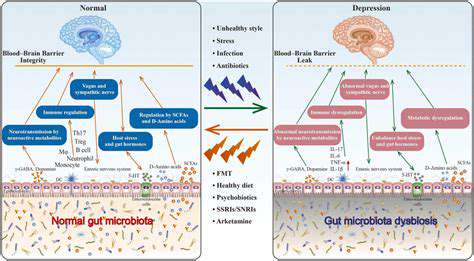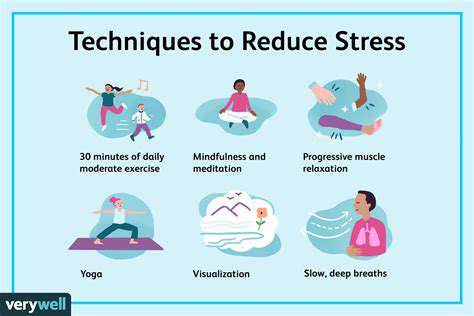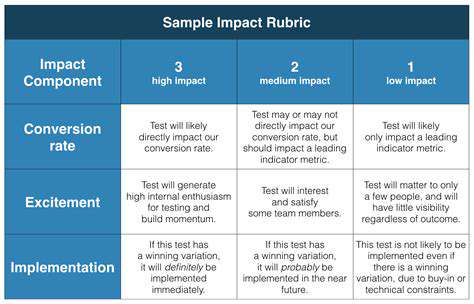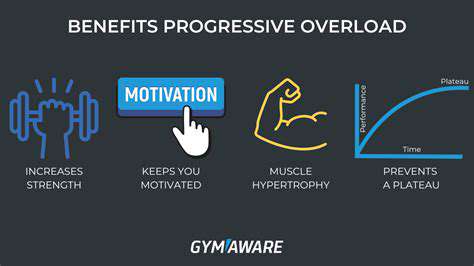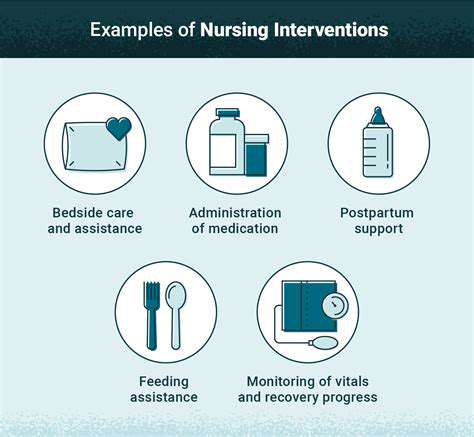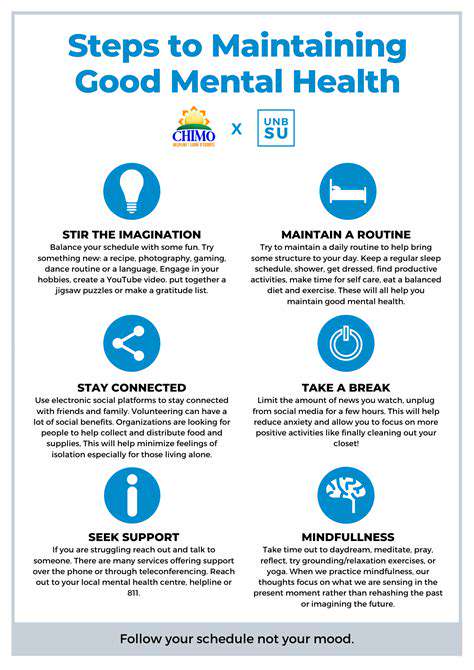Understanding Artificial Sweeteners: Are They Safe?
Scientific Evidence and Regulatory Landscape
Research Findings on Sugar Alternatives
The scientific community has produced mixed results regarding artificial sweeteners' effects on human physiology. Some clinical trials indicate these compounds may influence glucose metabolism and hunger signals, while longitudinal studies show no consistent adverse outcomes. The contradictory nature of these findings underscores our incomplete understanding of how synthetic sweeteners interact with complex biological systems.
Emerging investigations reveal artificial sweeteners might alter gut bacteria populations in animal models. While these microbial shifts could theoretically affect digestion and immunity, human studies haven't established definitive causal relationships. Researchers continue debating whether these changes represent meaningful health concerns or merely temporary fluctuations.
Global Regulatory Frameworks
International food safety agencies employ distinct evaluation protocols for approving sugar substitutes. The European Food Safety Authority (EFSA) and U.S. Food and Drug Administration (FDA) maintain separate approval processes reflecting regional health priorities. All major regulatory bodies require extensive toxicology testing before permitting new sweeteners in consumer products.
Safety reviews typically span years and incorporate multiple study types:
- Acute toxicity assessments
- Chronic exposure animal trials
- Human clinical trials
- Interaction studies with common medications
Approval Pathways for Common Sweeteners
Each artificial sweetener follows a unique authorization timeline. For instance, aspartame underwent 15 years of testing before receiving FDA approval in 1981, while newer compounds like advantame completed the process in just 4 years. These variations stem from:
- Differences in molecular complexity
- Available safety data from similar compounds
- Evolving regulatory requirements
Consumer Attitudes and Market Realities
Public perception significantly influences sweetener usage patterns, often diverging from scientific consensus. Many consumers express concerns about:
- Perceived artificial nature
- Potential cancer risks (despite lack of conclusive evidence)
- Digestive discomfort reports
Health Implications: Weighing the Evidence
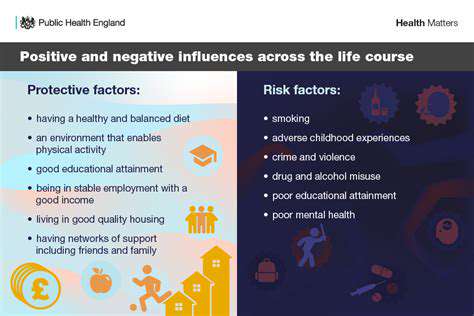
Metabolic Considerations
Current research suggests artificial sweeteners affect individuals differently based on:
- Baseline metabolic health
- Existing gut microbiome composition
- Consumption patterns (occasional vs. daily use)
Weight Management Dynamics
While marketed as weight loss aids, artificial sweeteners show mixed results in clinical settings. Some individuals successfully use them to reduce calorie intake, while others experience compensatory eating behaviors. Key factors influencing outcomes include:
- Psychological relationship with sweetness
- Compensatory calorie consumption
- Hormonal responses to sweet taste without calories
Nutritional Trade-offs
Replacing sugar with artificial alternatives may reduce calories but doesn't automatically improve diet quality. Consumers should consider:
- Overall nutrient density
- Food processing levels
- Meal composition balance
Practical Usage Guidelines
For those choosing artificial sweeteners, health professionals recommend:
- Moderate, intentional use rather than habitual consumption
- Avoiding complete replacement of water with artificially sweetened beverages
- Monitoring personal tolerance and reactions
When evaluating dietary changes, the most effective approach involves systematic self-observation. Many people overlook this fundamental principle, but without tracking actual consumption patterns and bodily responses, any dietary modification lacks personal relevance. Begin by documenting:
- Types and amounts of sweeteners consumed
- Timing of consumption
- Notable physical or mental effects

Read more about Understanding Artificial Sweeteners: Are They Safe?
Hot Recommendations
-
*Guide to Managing Gout Through Diet
-
*Best Habits for Financial Well being
-
*How to Build a Routine for Better Mental Health
-
*How to Eat Healthy on a Budget [Tips & Meal Ideas]
-
*Guide to Practicing Self Acceptance
-
*How to Incorporate More Movement Into Your Day
-
*Guide to Managing Chronic Pain Naturally
-
*Guide to Building a Reading Habit for Well being
-
*Top 5 Weight Loss Supplements That Actually Work
-
*Best Exercises for Postpartum Recovery [Beyond Abdominal Work]
